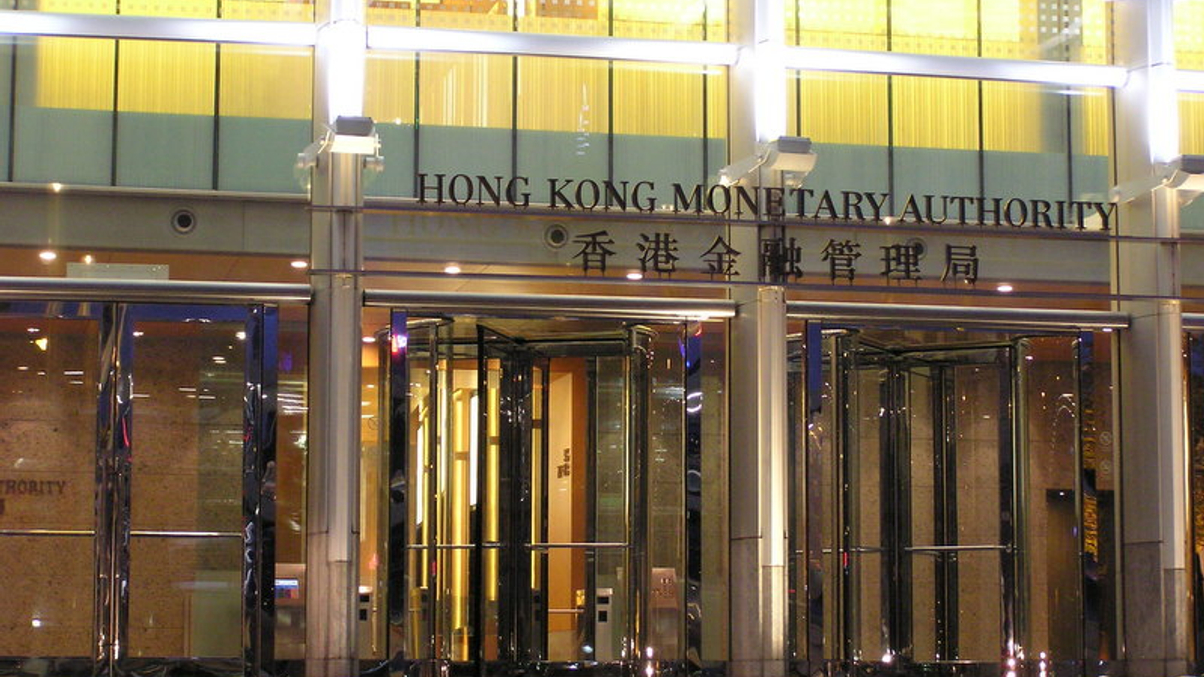HK Exchange Fund sticks to its guns despite fall in income
The HKEF's managers say it is unrealistic to expect the fund to engage in short-term trading, and that it needs to avoid being easily unsettled by market fluctuations.

The Hong Kong Exchange Fund will not be altering its investment approach in reaction to sharp market moves, the city’s sovereign wealth fund told AsianInvestor.
Sign in to read on!
Registered users get 2 free articles in 30 days.
Subscribers have full unlimited access to AsianInvestor
Not signed up? New users get 2 free articles per month, plus a 7-day unlimited free trial.
¬ Haymarket Media Limited. All rights reserved.


